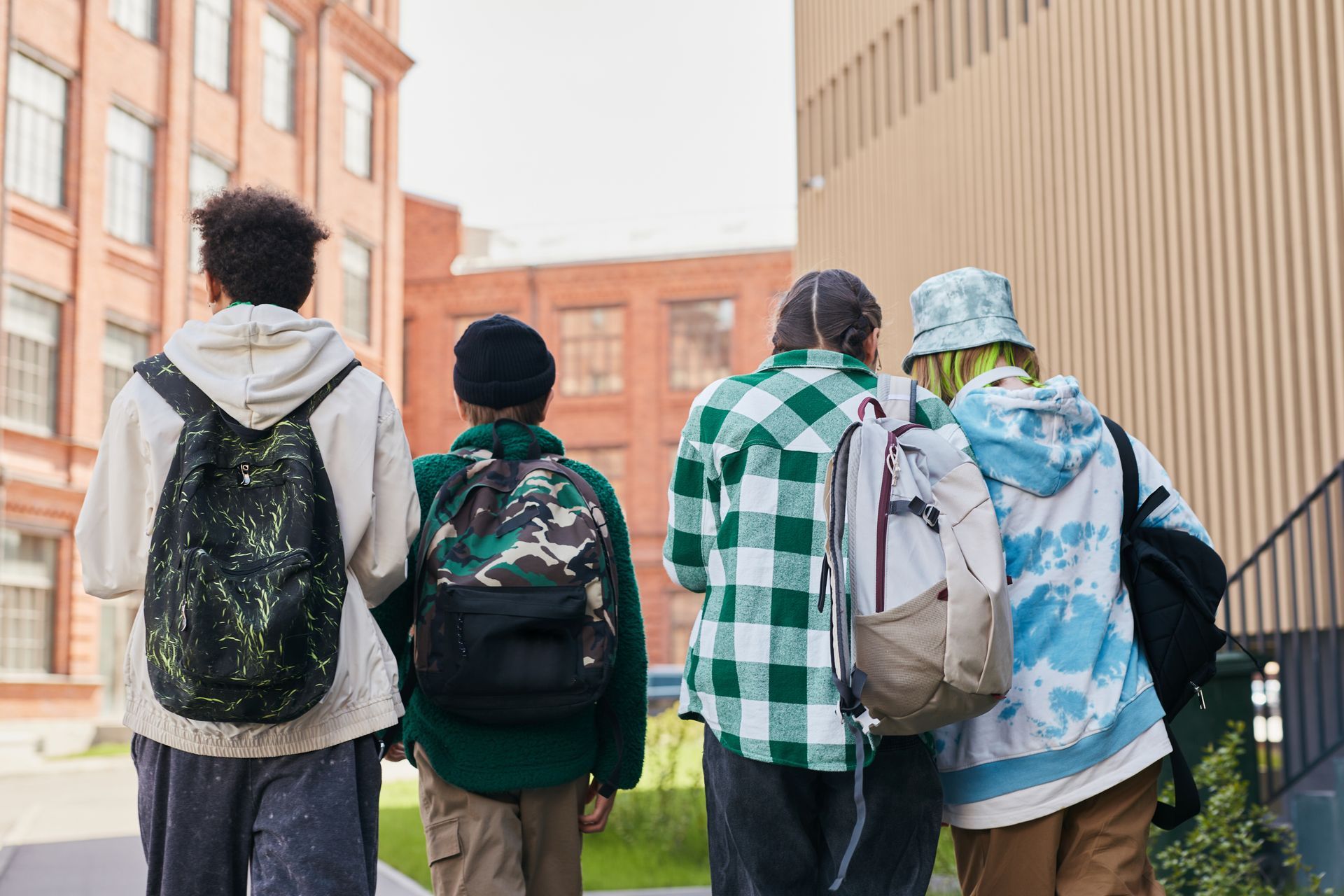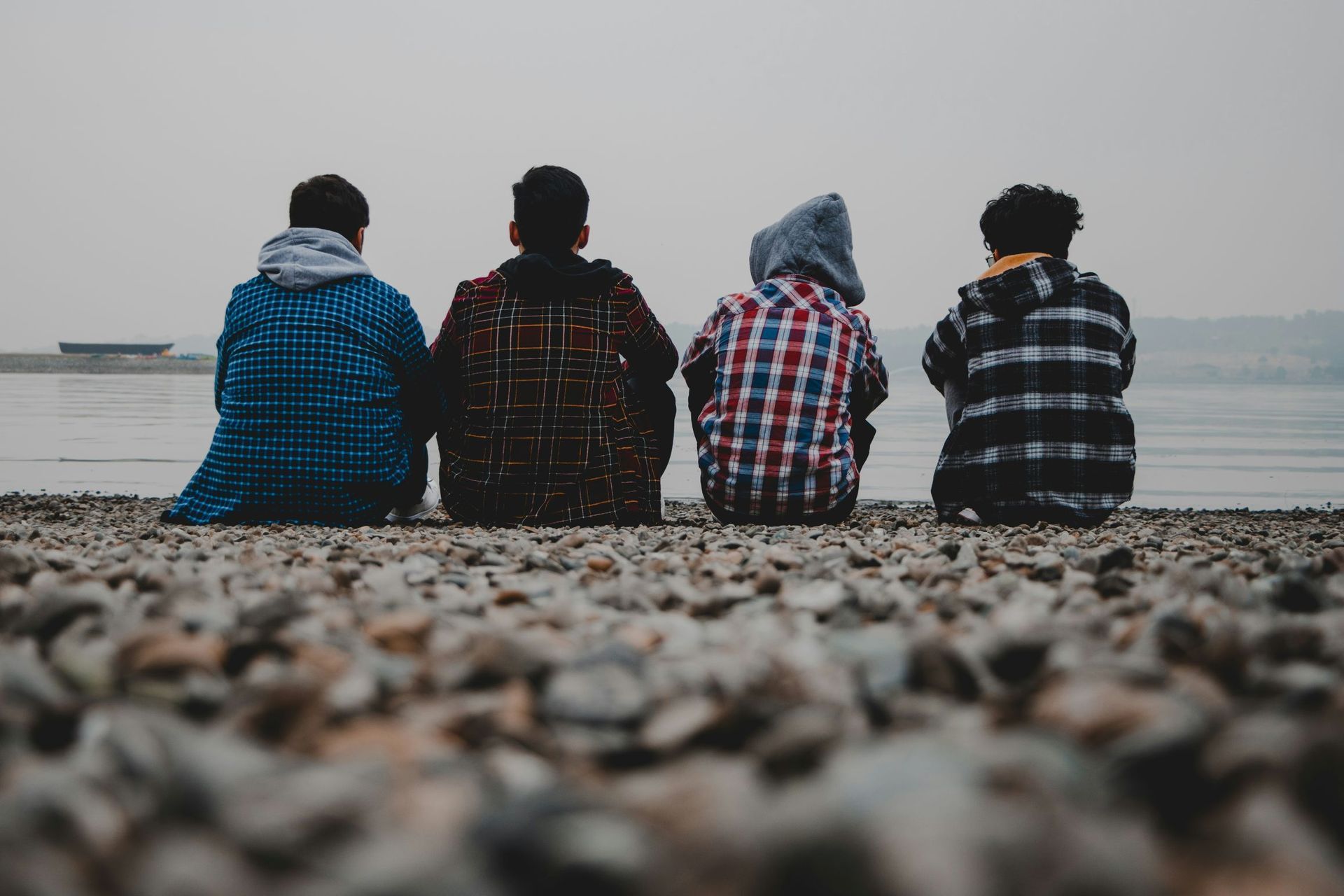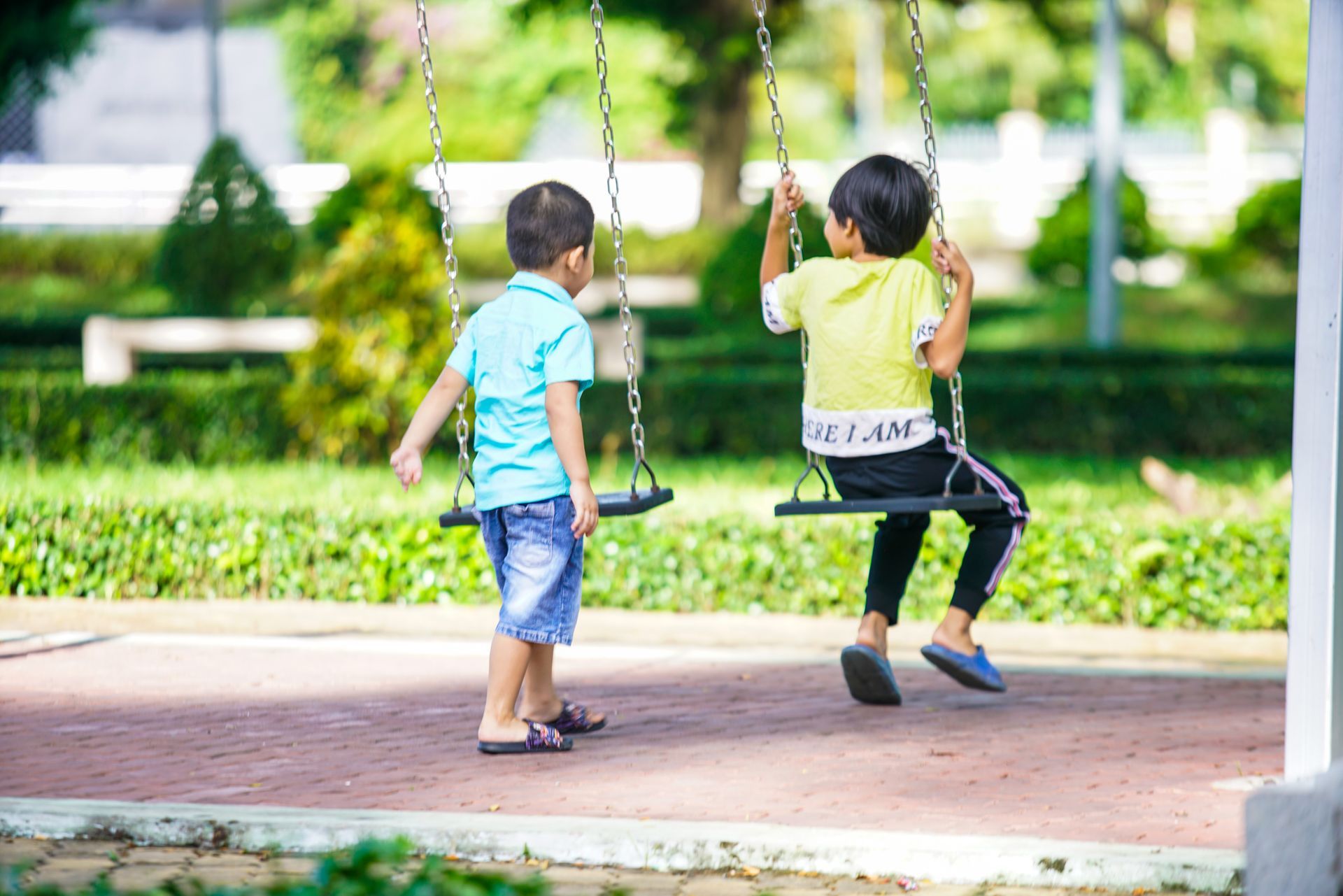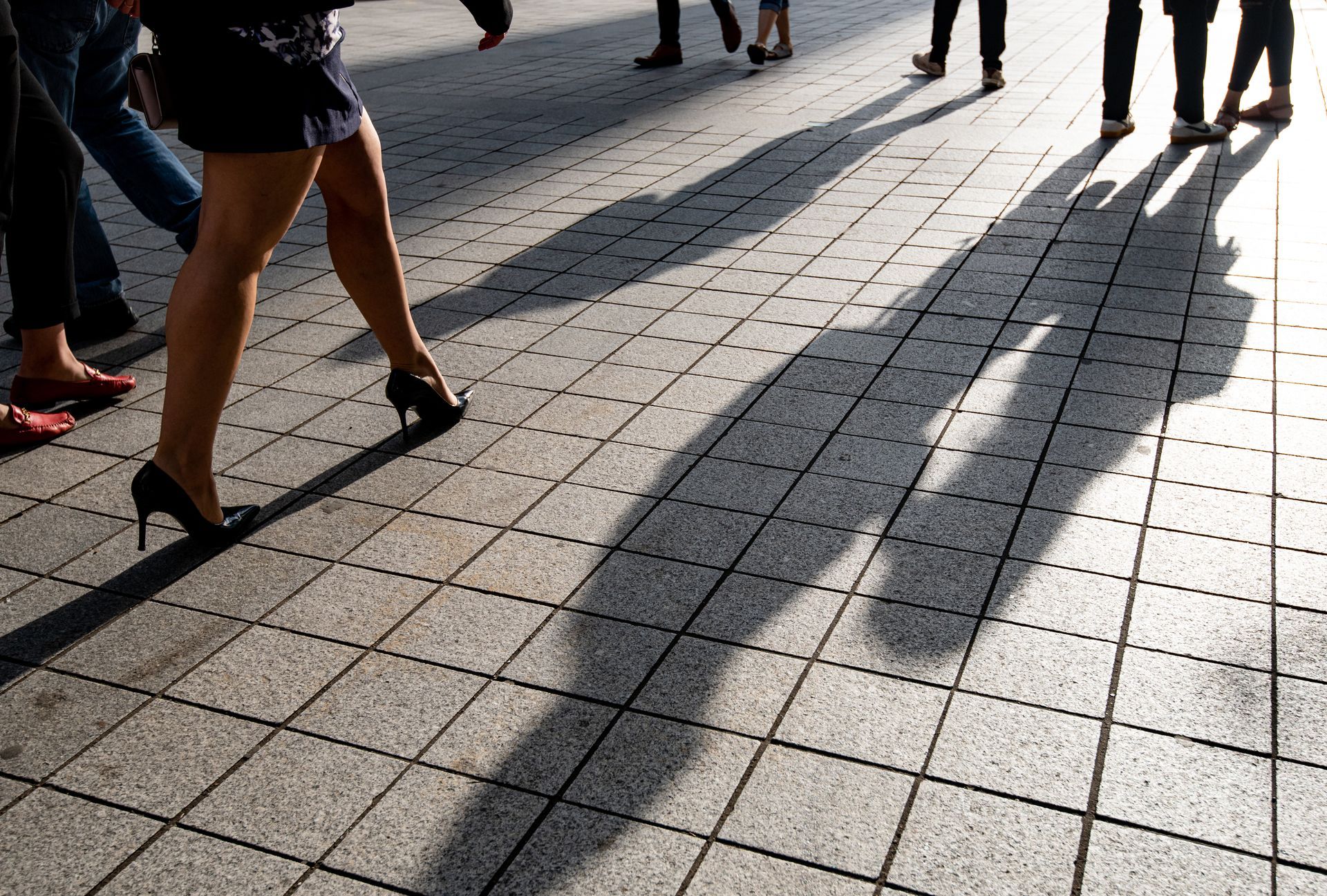Exploring the Role of Consent in Criminal Law: A Primer for Sex Crime Lawyers
Criminal law attorneys are sometimes asked to explain the concept of consent. While it’s a familiar topic in many contexts, it’s less common in criminal law. Most states don’t specifically address consent as part of their laws governing sexual offenses. That makes sense: if a defendant sexually assaults someone against his or her will, he or she probably shouldn’t get off so easily by pointing to the victim’s lack of cooperation as evidence that they didn’t want what happened to them. However, this isn’t always the case. Some jurisdictions have broadened their understanding of criminal laws related to sexual assault so that prosecutors can take into account victims’ lack of consent when charging and sentencing perpetrators.
Let’s explore the role of consent in criminal law, understand when a lack of it might be taken into account, and arm you with the knowledge you need to defend your clients appropriately should your firm ever find itself in this situation.
What is Consent in Criminal Law?
In criminal law,
consent is an agreement between two or more people to engage in sexual activity. Consent is the most relevant concept for sex crimes. Let’s say you and Jane are dating, but one day you break off the relationship. You don’t want to be with her anymore and she doesn’t want to be with you either. You each agree that it’s over and there's nothing left to discuss. That might be called consensual termination of a romantic relationship by mutual consent. If Jane then tells her friend Alice that she would like to have sex with Rob, but Rob does not want to have sex with Jane then that's not consensual because Rob is not agreeing to have sex.
Who is Considered to Lack Consent?
The answer to this question is complex and can depend on the jurisdiction. There are three primary types of criminal laws related to sexual offenses: rape, sexual assault, and sexual battery. Some jurisdictions may include other crimes as well, like child molestation. Rape: If a person engages in sexual intercourse with another person without their consent, they have committed rape. Sexual Battery: The term “sexual battery” refers to any unwanted touching, grabbing, or rubbing of an intimate part of another person’s body. It covers a wide spectrum of conduct, including forcible touching and non-forcible touching that leads to arousal or gratification. Sexual Assault: Sexual assault includes a broad range of conduct that includes sexual penetration without consent or when the victim is incapable of giving consent due to age or mental incapacity. If a defendant has committed these crimes against someone who lacks consent, it doesn’t necessarily mean that he or she will be convicted for the crime. The important thing is that you have an understanding of these concepts so that you know what your clients might be facing if they're accused of committing them.
How is Consent Relevant to Sexual Assault Cases?
This question is a bit tricky to answer. In a nutshell, consent for sexual assault means that both parties agreed to engage in the sexual activity. The key word here is “agreed.” If one party can give consent and one party cannot, then it’s still rape even if they both verbally say yes in the heat of passion. Lack of consent isn’t always easy to prove, but if there was no clear agreement between the two parties (such as when a person who can give consent is mentally incapacitated or physically restrained) then it could be relevant as evidence that the defendant didn’t commit rape.
Limitations on the Relevance of Lack of Consent for Prosecuting Sexual Assaults
Lack of consent is not a valid defense in criminal law. A victim who didn’t want to participate in sexual activity is generally unable to use this defense. In some jurisdictions, prosecutors can take into account the lack of consent when charging and sentencing perpetrators because they might have taken advantage of a victim who was too intoxicated or vulnerable to resist. Lack of consent doesn’t always rise to the level of prosecutable rape, but it may be relevant for other crimes like assault or battery.
For example, if someone made unwanted sexual advances on their partner and the person was incapable (due to intoxication or disability) of resisting, the lack of consent could help demonstrate that this behavior would have been unwelcome under all circumstances. To make a case, victims must typically prove that they were conscious and able to resist during the time that unwanted sexual acts occurred. This can be difficult because many victims are embarrassed about what happened, especially if it happened before now--or even months later.
When is Lack of Consent Not Taken into Account in the Legal System?
Lack of consent is not taken into account in the legal system when the victim is a minor. This may seem counterintuitive, but many jurisdictions around the world have broadened their understanding of criminal law to take into account victims’ lack of consent. This includes cases where sexual assault was committed against a minor, like children under 16 or mentally impaired individuals who are unable to make decisions on their own behalf. This is an important exception because it would be difficult for prosecutors to establish that any other case with a similar victim-defendant dynamic showed evidence of a lack of consent. There are also some situations where lack of consent is taken into account, such as when defendants coerce or manipulate victims into giving their consent through means like threats and/or physical force.
Conclusion
The law is complicated and there are a lot of factors that go into whether or not someone can be charged with a sex crime. One of the biggest factors is whether or not consent was given, so it is important to know what consent means in the criminal justice system.
Your best next step would be to contact Hanlon Law to schedule a consultation. If you live in Orlando or in surrounding areas, be sure to visit our website for more information on how we can help with your case.












